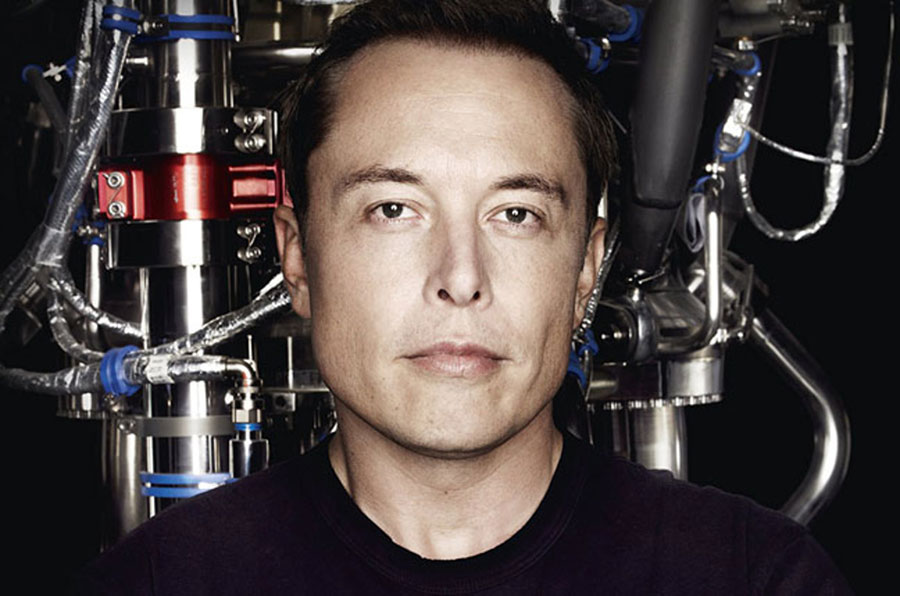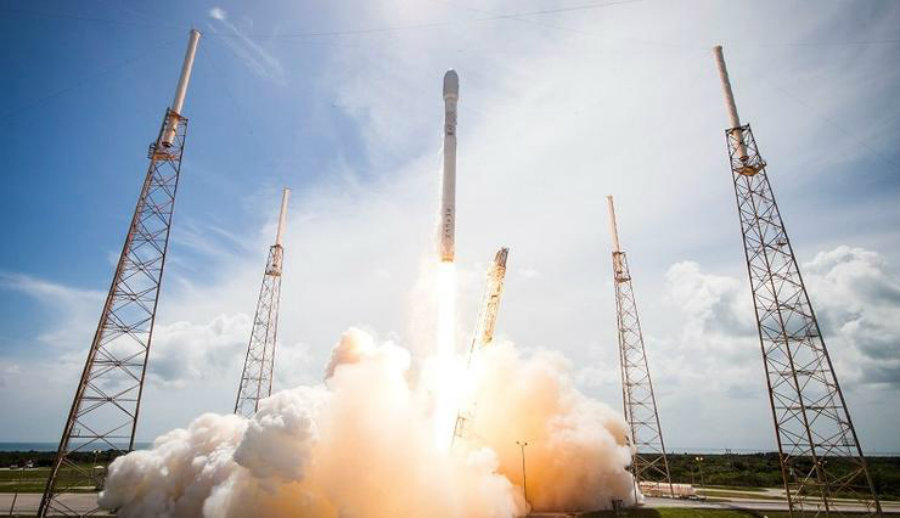According to the founder of SpaceX and Tesla Motors, Elon Musk, the new spacecraft dubbed Mars Colonial Transporter (MCT) will be able to “go well beyond Mars.”
Musk announced his plans on Twitter, where he also suggested that the MCT must be renamed. Millions of followers replied with proposals, including “Millenium,” and “Booster McBoosterface.” But he did not take long to announce that the spacecraft would be renamed Interplanetary Transport System. Musk now warned that SpaceX intended to drive Mars colonization by 2018, six years before what he had initially planned.

SpaceX at the head of the space race
Last weeks have been boiling with news on space travel, as Musk recently had to deal with the Falcon 9’s explosion, as he went to the public for assistance to find the cause of the incident. Now, as the International Astronautical Congress ensues, starting next Thursday in Guadalajara, Mexico, Elon Musk appears undeterred to lead the commercial space race.
Blue Origin is closely following SpaceX’s steps and perhaps even posing as a worthy adversary, as the company owned by Amazon founder Jeff Bezos preceded SpaceX in successfully landing a reusable rocket on a platform. One of the main differences between both companies is their announcements when it comes to progress, Blue Origin being calm and steady while SpaceX is innovative and media-dominant.
More details about the International Colonial Transporter will be revealed on September 27 at the International Astronautical Congress, and it is expected to be launched as soon as 2022, and in 2024 it is planned to launch while carrying passengers, after tests of the Dragon and Falcon Heavy rockets turn out to be successful.
Musk and the colonization of Mars
The International Colonial Transporter was first announced in 2014, as Musk assured that it would be 100 times larger than an SUV and that it would be able to carry 100 tons of cargo. In 2015, Musk informally dubbed the spacecraft the “BFS” or “Big Fucking Spaceship,” honoring the DOOM videogame franchise. He also stated that it would become the first human habitat to work on the Martian surface.

Musk’s colonization plans are set to start with less than ten people, but those spaceships will eventually be able to carry one million colonists to the Martian surface. Musk acknowledges that to be productive; the Martian industry has to be able to refine elements of a harsher environment than Earth. The fact that there are no trees, oxygen, confirmed oil, or any directly usable resources makes it more difficult to colonize the Red Planet.
According to his calculations, a Martian trip would cost $500,000 per person, something that can be afforded by a great deal of people on earth. Cargo missions would also be important, as the earth would have to constantly resupply Martian colonies with habitats, supplies, and tools of survival for it to thrive on and be productive. Crop growth has to be one of the main objectives, which implies the use of Mars’ subsurface frozen water.
“Excluding organic growth, if you could take 100 people at a time, you would need 10,000 trips to get to a million people. In fact, your cargo to person ratio is going to be quite high. It would probably be ten cargo trips for every human trip,” stated Musk on an interview in 2014.
Source: Space

BS Musk. Let’s see you pull Tesla’s arse out of the current SEC investigation into why a fatal crash was not reported before their last equity raise.
Add to that MobilEye’s filing a Form 6-K with SEC, detailing how Musk lied to ME’s CEO regarding the implementation of a “hands off” Autopilot function, the subsequent parting of ways of the two companies and, well – Goodnight, Elon.